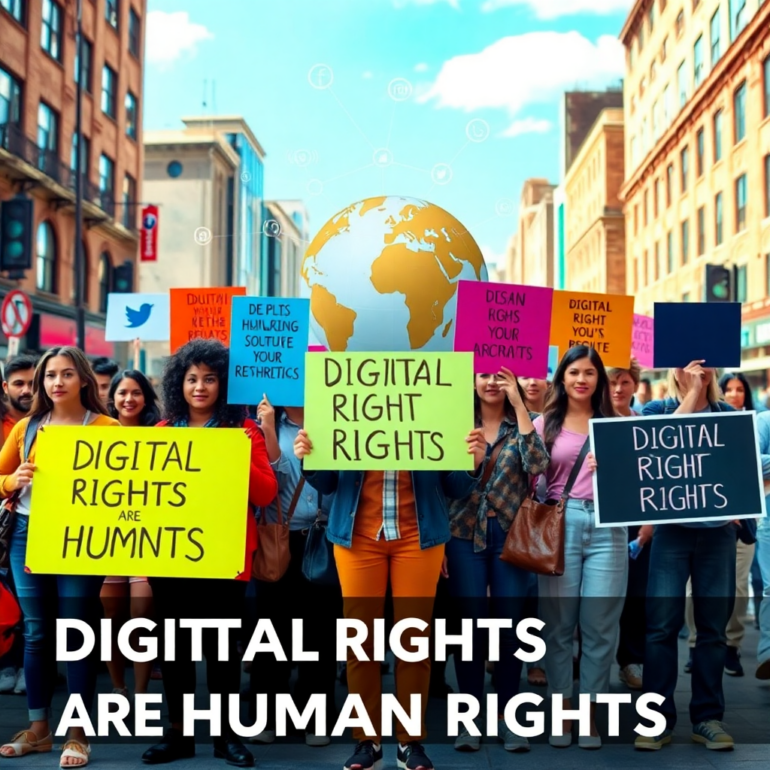Kenya’s digital rights space has faced unprecedented challenges in recent times, including prolonged internet shutdowns and alarming cases of content creators and internet users being abducted for expressing themselves online. These incidents highlight the urgent need for action to safeguard digital freedoms and protect users from unjust suppression.
On January 16, 2025, we convened a stakeholders’ meeting at Mageuzi Hub to deliberate on the future of digital rights in the country. The event brought together civil society organizations (CSOs), media practitioners, content creators, and other stakeholders to discuss key issues affecting Kenya’s digital space and identify a path forward.
One of the critical points raised was the need to map out stakeholders who support digital rights advocacy. With the rapid expansion of the digital landscape, it is essential to understand the key players shaping policies on internet governance, artificial intelligence (AI), and content regulation. Stakeholders must align their efforts and develop a common language when advocating for cybercrime laws, data privacy, and overall internet freedom.
Participants emphasized the need for collaboration in influencing digital norms, ensuring that emerging laws and policies do not infringe on online freedoms. There was also a strong call to strategize around resourcing digital rights advocacy in innovative and sustainable ways.
While legal challenges remain a crucial tool in fighting for digital rights, stakeholders acknowledged that litigation alone is not enough. The meeting underscored the importance of identifying alternative advocacy strategies and learning from successful approaches used in other regions.
A robust legal framework that explicitly protects digital rights including freedom of expression online, access to information, and data protection was deemed necessary. At the same time, stakeholders stressed the need to actively challenge restrictive laws that stifle digital innovation and suppress online speech.
Legal engagement should extend beyond the courts, with a focus on advocacy efforts that highlight the real-world impact of digital rights violations. This includes raising public awareness, engaging lawmakers, and leveraging international human rights mechanisms to amplify concerns about digital repression in Kenya.
Another key strategy discussed was the role of digital literacy in empowering users to protect themselves online. Educating the public about their digital rights and promoting online security practices can help mitigate risks associated with surveillance, cyberattacks, and data breaches.
Stakeholders also called for increased efforts in bridging the digital divide, particularly for marginalized communities. Supporting digital literacy initiatives ensures that all Kenyans, regardless of their background, can navigate the internet safely and exercise their rights online.
The meeting emphasized the importance of fostering coalitions among CSOs, the media, and other actors to amplify advocacy efforts. Public awareness campaigns were identified as a crucial tool in mobilizing support against digital rights violations, as well as engaging international organizations to hold the Kenyan government accountable.
Another significant area of discussion was technological innovation as a means to counter digital repression. The need for alternative internet solutions was highlighted, particularly in response to government-imposed shutdowns. Stakeholders explored decentralized technologies that enhance privacy and security, as well as independent platforms that provide an alternative to mainstream social media networks that may comply with government censorship.
As the digital rights space continues to evolve, we are committed to taking a proactive approach in advocating for online freedoms. The stakeholders’ meeting was a crucial step in shaping the future of digital rights in Kenya, emphasizing the need for ongoing dialogue, strategic collaboration, and innovative approaches to digital advocacy.
